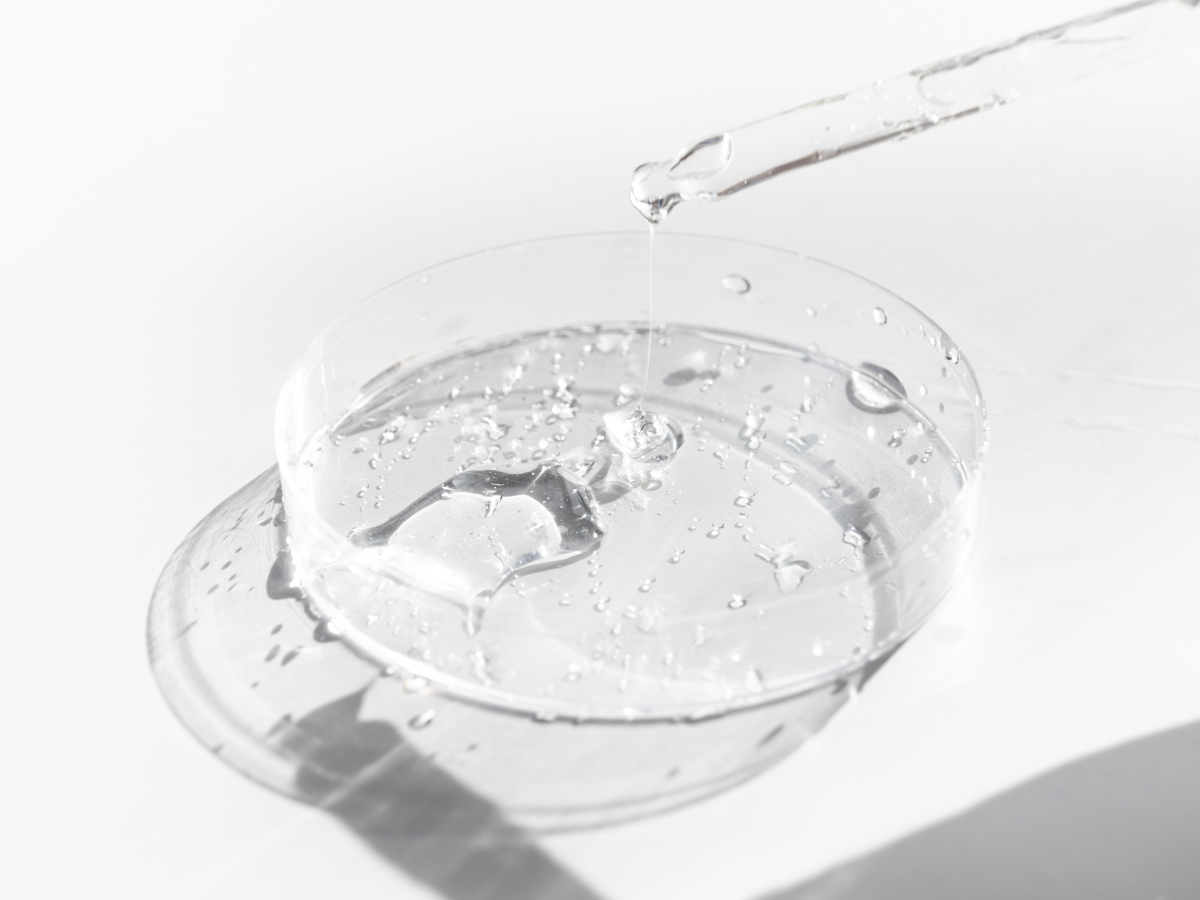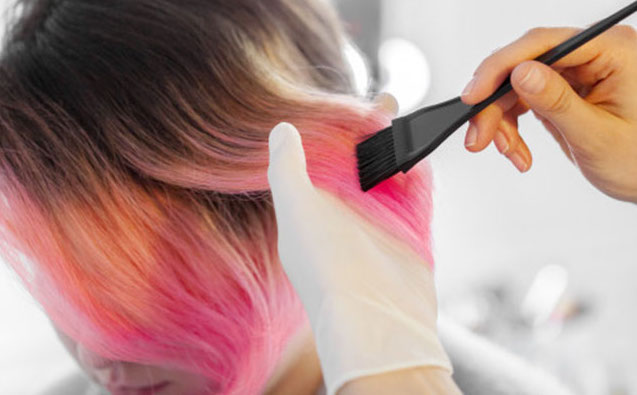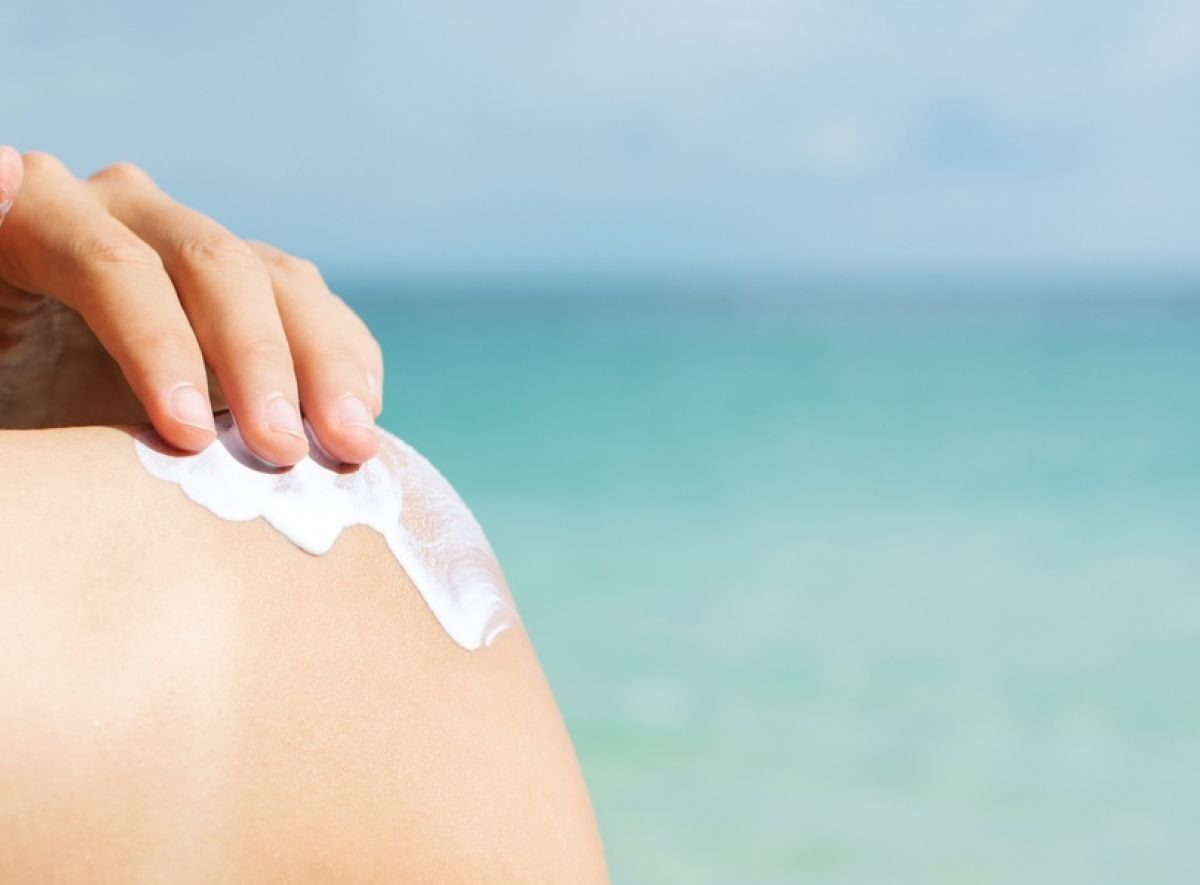SUSTAINABILITY AND TRANSPARENCY OF THE COSMETIC INDUSTRY
The United Nations (UN) developed a global sustainable framework which set 17 Sustainable Development Goals. The main objective is to protect the planet. These goals are considered the “blueprint to achieve a better and more sustainable future for all”. A more sustainable production and consumption represents a critical step in this process.
Innovation and sustainability go hand in hand. The cosmetic industry continues to innovate and find new ingredients, not always considering its entire supply chain and their environmental impact. Formulation, production, use and disposal of packaging of cosmetic products can all have a big impact on the planet. Therefore, biodegradable, natural and organic products are more and more demanded by consumers.
Consumers want more transparency from cosmetic companies. Many of them demand to know which ingredients are used and which supply chains were chosen (especially the sources). Furthermore, they claim for clearer language and informations used in the labelling.
The beauty industry is under increased scrutiny by society and more responsible sourcing is being demanded across all markets. Environmentally-friendly ingredients, increased transparency practices and use of recycled (or recyclable) packaging are essential keys to achieve the sustainability status and actually contribute to make the difference.
Cosmetic companies should consider the traceability of natural ingredients and the degree to which they have been sourced in a sustainable fashion (e.g. ethical and responsible sourcing, fair-trade). It is essential to work with third parties (e.g. suppliers, manufacturers) that can provide documentation to support supply chain transparency. Non-sustainable sources of ingredients, such as animal, petrochemical and endangered plants, should be increasingly avoided at all costs.
THE ENVIRONMENTAL CAUSE – ECO-FRIENDLY CERTIFICATION
As discussed in one of our previous posts, there are international guidelines (ISO 16128) for technical definitions and criteria regarding natural and organic cosmetics. However, more guidelines are needed when talking about clean, eco-friendly and sustainable products. These should cover responsible sourcing and stablish standards for higher degrees of transparency.
Certifications are essential to prove certain types of claims (e.g. natural and organic) in cosmetic products. Certification entails investment and can be expensive, particularly for smaller brands. Nevertheless, certification can represent an increase on consumers trust on the brand and, consequently, either lead to more sales or ease brand’s access to new and more demanding markets.
Consumer demands are shaping the cosmetics industry and making it more sustainable and ‘eco-friendly’. Producing ‘eco-friendly’ cosmetics will increase the company’s reputation, improve product quality and lower the negative impact that its products have on the planet.
CORPORATE SOCIAL RESPONSIBILITY & ETHICAL GOVERNANCE
Corporate social responsibility (CSR) is a type of international private business self-regulation that aims to contribute to societal goals of a philanthropic, activist, or charitable nature by engaging in or supporting volunteering or ethically-oriented practices. Various international laws have been developed and various organisations have used their authority to push it beyond individual or even industry-wide initiatives. Over the last decade or so it has moved considerably from voluntary decisions at the level of individual organizations to mandatory schemes at regional, national, and international levels.
Considered at the organisational level, CSR is generally understood as a strategic initiative that contributes to a brand’s reputation. As such, social responsibility initiatives must coherently align with and be integrated into the company’s business model to be successful. With some models, a firm’s implementation of CSR goes beyond compliance with regulatory requirements and engages in “actions that appear to further some social good, beyond the interests of the firm and that which is required by law“.
Furthermore, businesses may engage in CSR for strategic or ethical purposes. From a strategic perspective, CSR can contribute to firm profits, particularly if brands voluntarily self-report both the positive and negative outcomes of their endeavours. In part, these benefits accrue by increasing positive public relations and high ethical standards to reduce business and legal risk by taking responsibility for corporate actions.
The sustainable status encourages companies not only to make a positive impact on the environment but also on all the other stakeholders including consumers, employees, investors and communities.cNot sure of how to make your brand more sustainable? Feel free to contact us at info@criticalcatalyst.com
References:
- Sustainable Development Goals. United Nations. Available from: https://www.un.org/sustainabledevelopment/sustainable-development-goals/
- ISO 16128-1:2016. Cosmetics — Guidelines on technical definitions and criteria for natural and organic cosmetic ingredients – Part 1: Definitions for ingredients.
- ISO 16128-2:2017. Cosmetics — Guidelines on technical definitions and criteria for natural and organic cosmetic ingredients – Part 2: Criteria for ingredients and products.
- Johnson, Zachary; Ashoori, Minoo; Lee, Yun (2018). “Self-Reporting CSR Activities: When Your Company Harms, Do You Self-Disclose?”. Corporate Reputation Review. 21 (4): 153–164.














